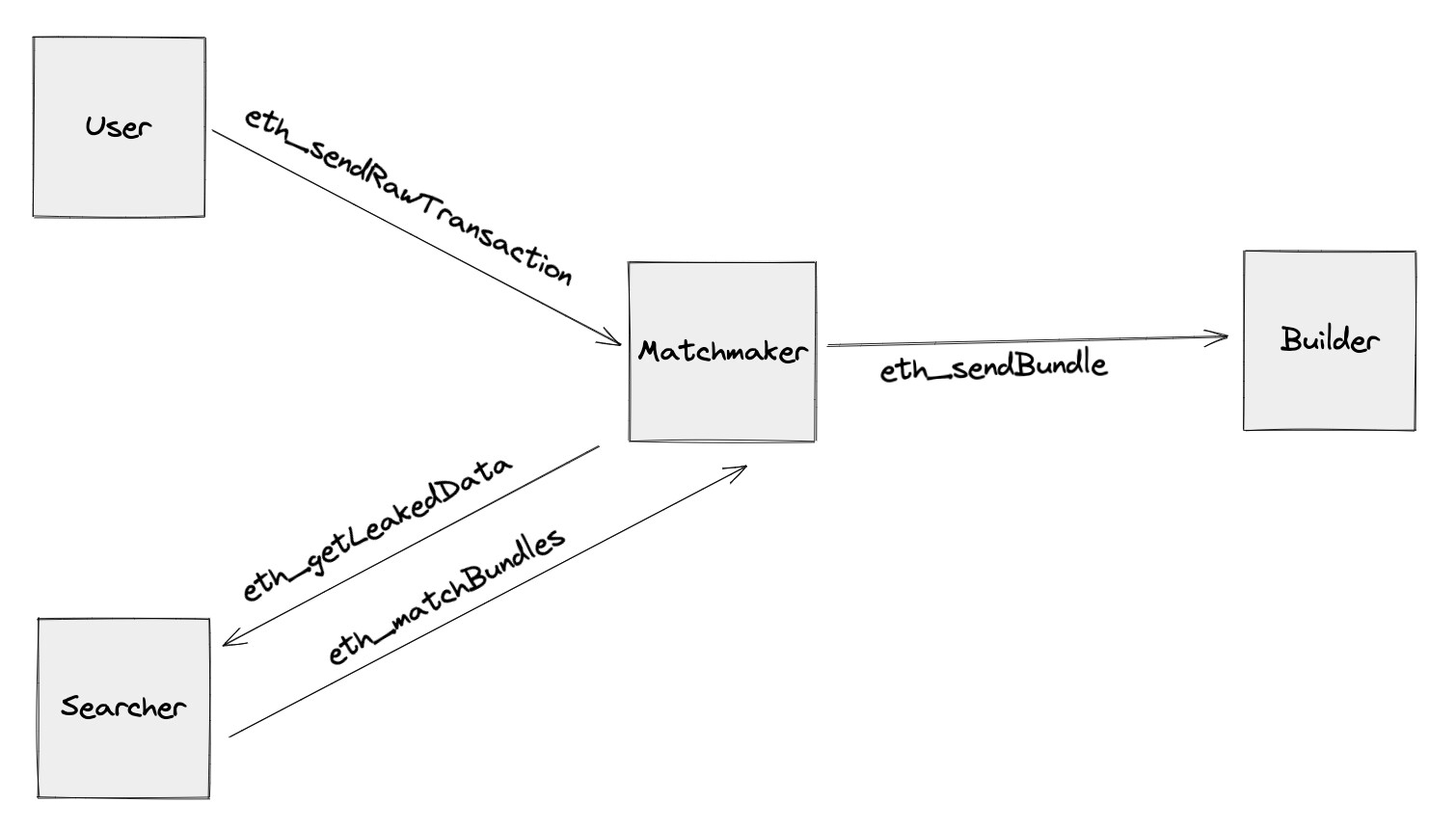Flashbots, a research firm formed to crack down on the unsavory practice of “maximal extractable value” or MEV on the Ethereum blockchain, proposed “MEV-Share” to distribute the gains more broadly.
The new protocol would distribute MEV to Ethereum users, rather than just to validators and data-block builders, according to a blog post on the Flashbots website.
MEV represents the profits made by validators and blockbuilders as a result of reordering or including certain transactions in certain data blocks. Initially seen as an abusive extra tax on users imposed by opportunistic traders wedging themselves into the blockchain process, the practice has become ubiquitous.
Currently, one of the ways that validators on Ethereum earn MEV is through MEV-Boost, a software that Flashbots developed in order to democratize MEV earned by validators and solve some issues of centralization.
MEV-Share aims for more collaboration between searches and users, and the new protocol would introduce an entity in the MEV supply chain called “matchmakers.” The matchmaker’s job is to match searchers’ transaction data bundles with users’ private transactions (meaning their wallet addresses won’t be shared). Then the matchmaker returns those transactions to searchers to optimize the transaction bundles for MEV.
Once a bundle is successfully matched, they’re sent on to block builders, who are required to share some of the MEV back to the user’s wallet address.

Sketch of MEV-Share (collective.flashbots.net)
Flasbots said that MEV-Share would be an early implementation of SUAVE, which is a blockchain that would aim to decentralize the block-building process.
Read more: Ethereum R&D Firm Flashbots Shares Details About Its Next-Gen Block Builder







